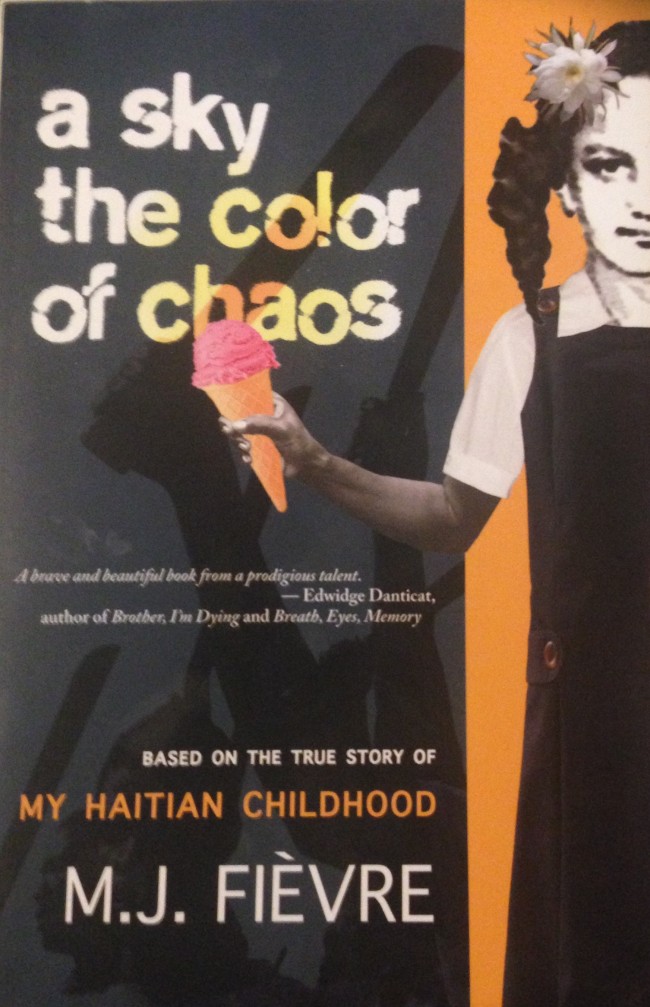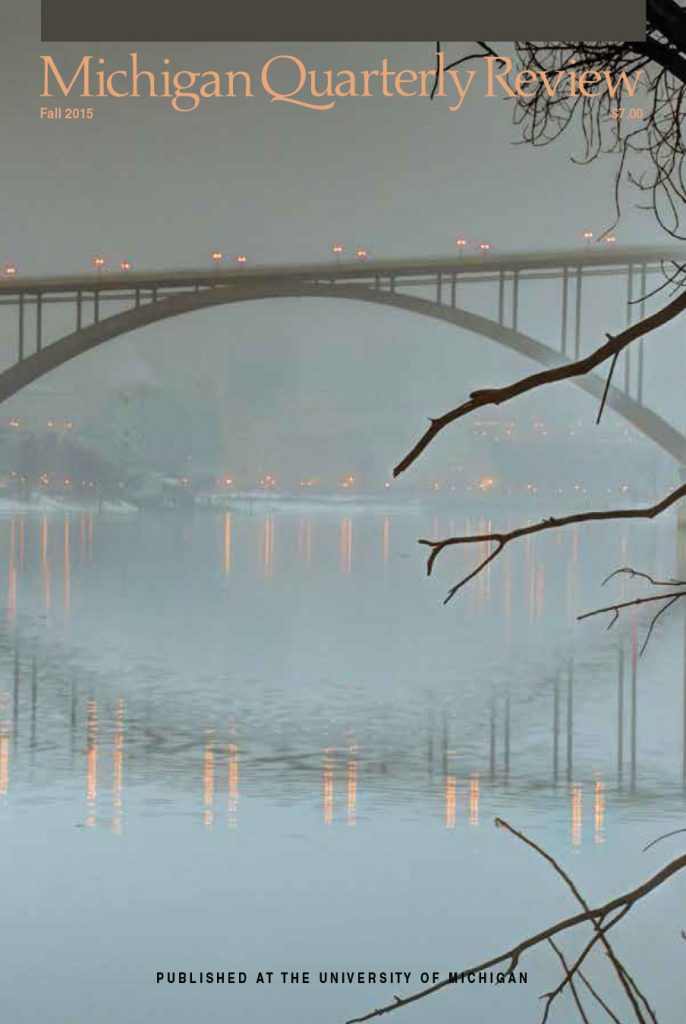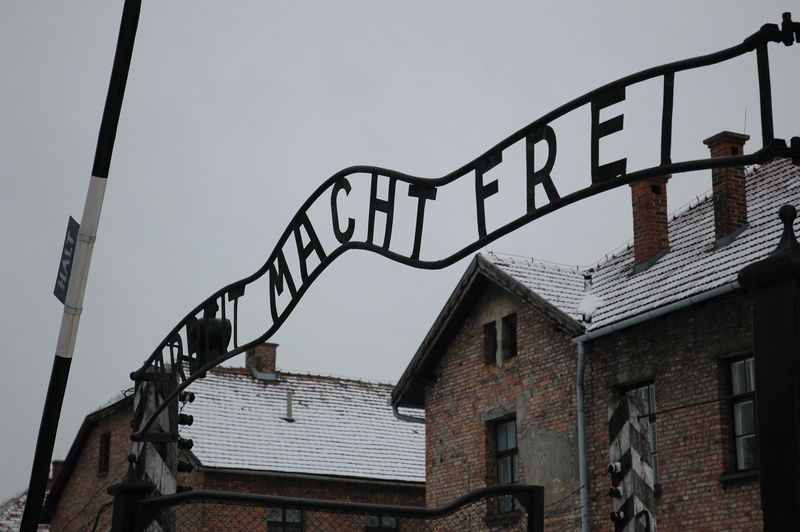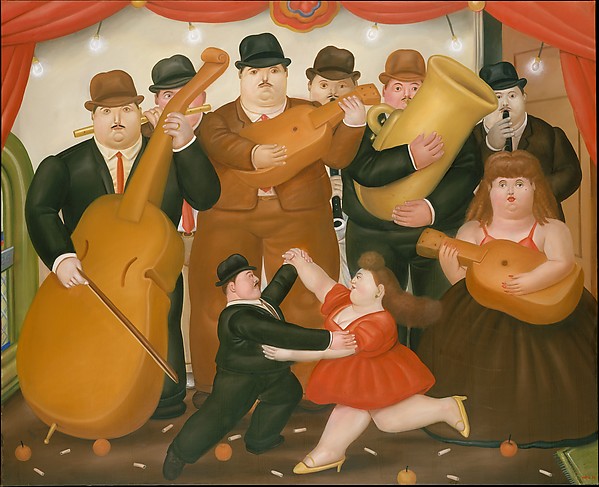On The Unsaid
Two students of mine recently asked me how to go about writing the impossible. They each had a narrative that was at once their own and also not: one was trying to write through his experience of being present during a national tragedy and another was trying to write about her illness, which was advancing at an exponential rate. I told them each that there were two possibilities: either they were resistant to taking on the responsibilities inherent in the act of narrating and they needed to face and embrace them—even if that meant getting it wrong—or their stories were unlanguagable, in which case they would have to find a new framework for giving the narrative voice.










